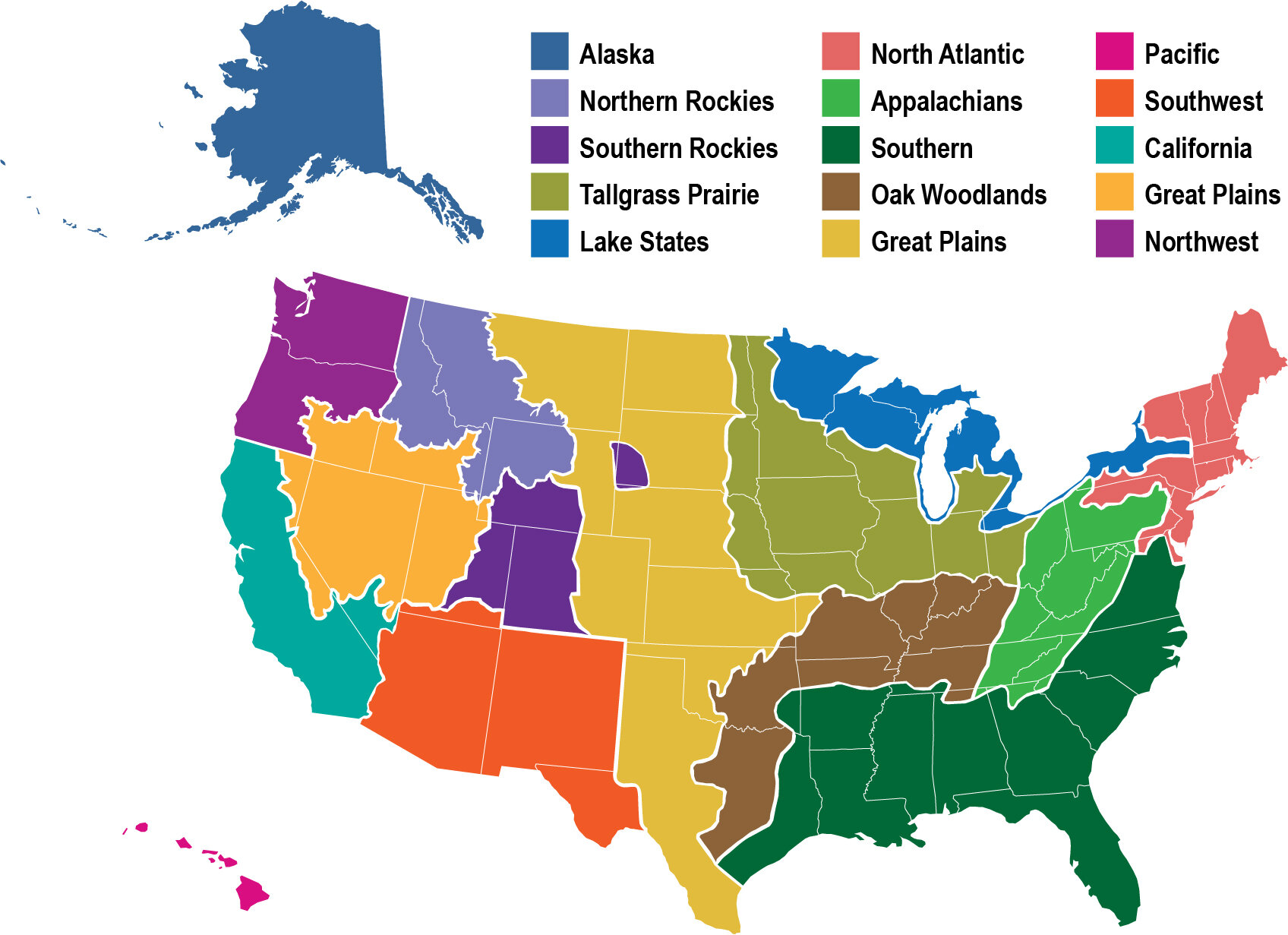A lecture by
Scott Stephens
Professor of Fire Science, University of California, Berkeley
Part of the
2020 FERAL* Lecture Series
Sponsored by the California Fire Science Consortium and the US Forest Service Pacific Southwest Region Ecology Program
Thursday February 27, 3:30-4:30
PES 2005, University of California, Davis
*Forest Ecology Random Lectures, open to the public
Abstract: There is a great deal of discussion by the media, scientists, and political leaders about climate change and fire. Fire history research in California’s giant sequoia groves determined that climate has influenced fire frequency for the past 2000 years. In the medieval warm period, fire frequency increased and the synchrony between fires was low; in contrast, during the little ice age, fire frequency decreased and the synchrony between fires increased. Other research has determined that higher temperatures from climate change has resulted in lower fuel moisture that has increased area burned in the western US since the late 1970’s. We therefore know that anthropogenically driven climate change is and will continue to impact fire in the state. An important question is whether climate change is the dominant factor in today’s forest fires. The media and some political leaders seem to present this point of view but there is little research that can partition the impacts of climate change, ignitions, and past management on today’s forest fires. Today I will present research that demonstrates that relatively intact fire regimes in some forests have moderated the impacts of climate change. Fire severity in these areas has not increased in the last 3 decades and remains at levels that should sustain these forests. The ability of fires to self-regulate is another key process that has been found in some locations. These observations point to past management as the dominant factor in today’s forest fires and their effects. Since the majority of California’s forests are adapted to frequent, low-moderate intensity fire regimes we have the opportunity to modify their current conditions with prescribed fire, restoration thinning, and wildfire to better incorporate climate change and future ignitions. This is good news but will take a coordinated effort from federal, state, and private landowners to change the trajectory of California’s forest fires and their impacts.
Bio: Scott Stephens received his BS in Electrical Engineering from California State University, Sacramento, and his PhD in Wildland Resource Science from UC Berkeley. Stephens is the Henry Vaux Distinguished Professor in Forest Policy at UC Berkeley and has been a senior Fulbright scholar in Australia. His work focuses on fire ecology, fire science, and forest and fire policy.



